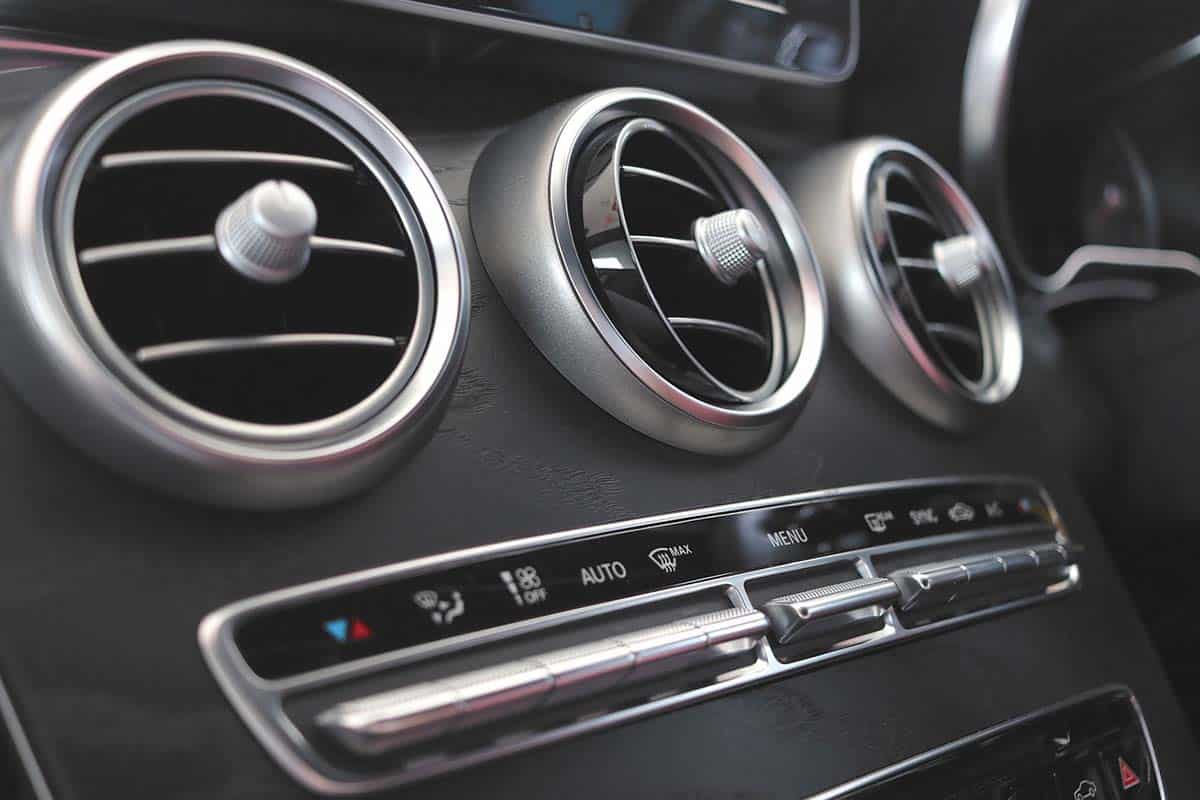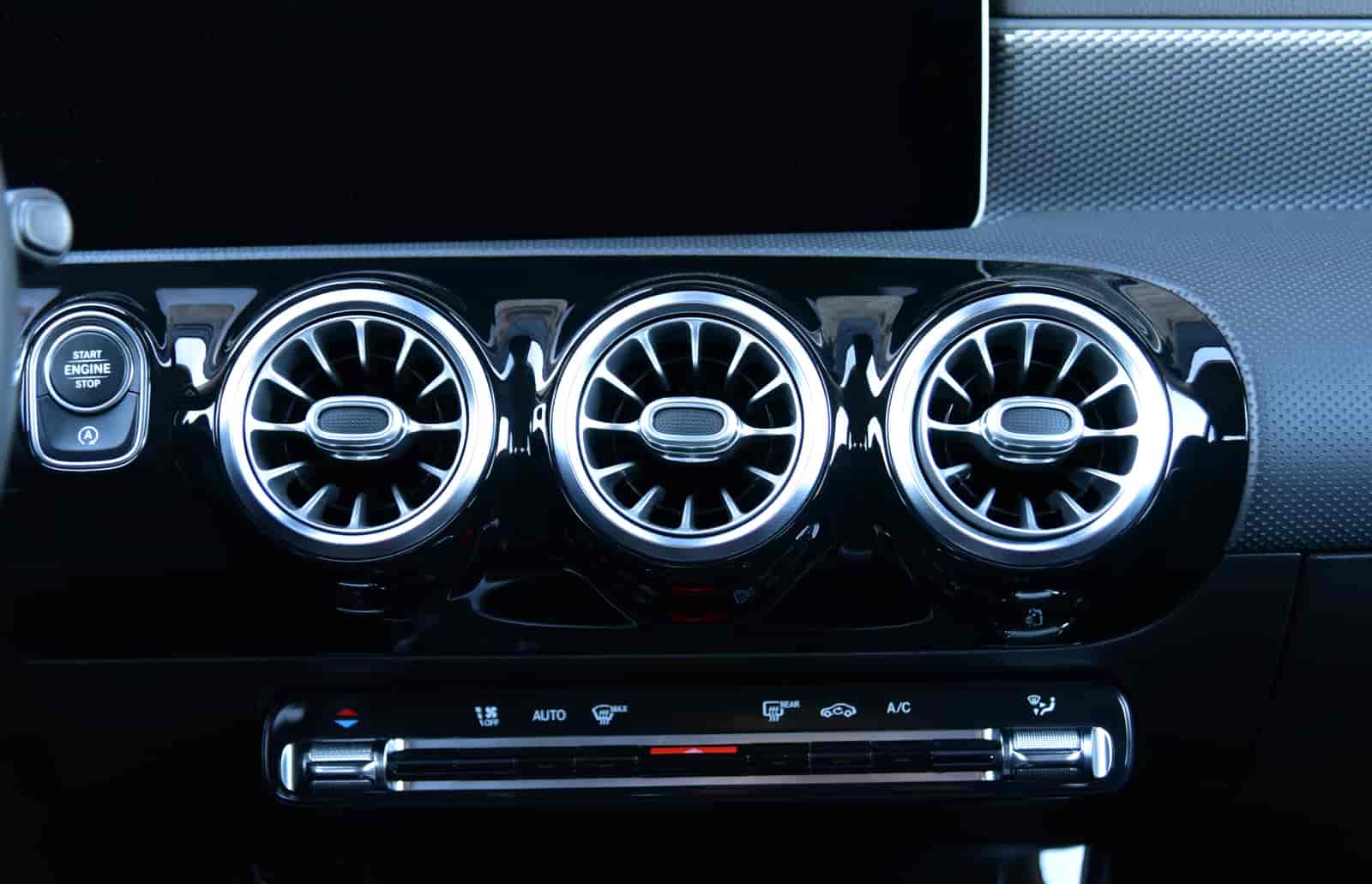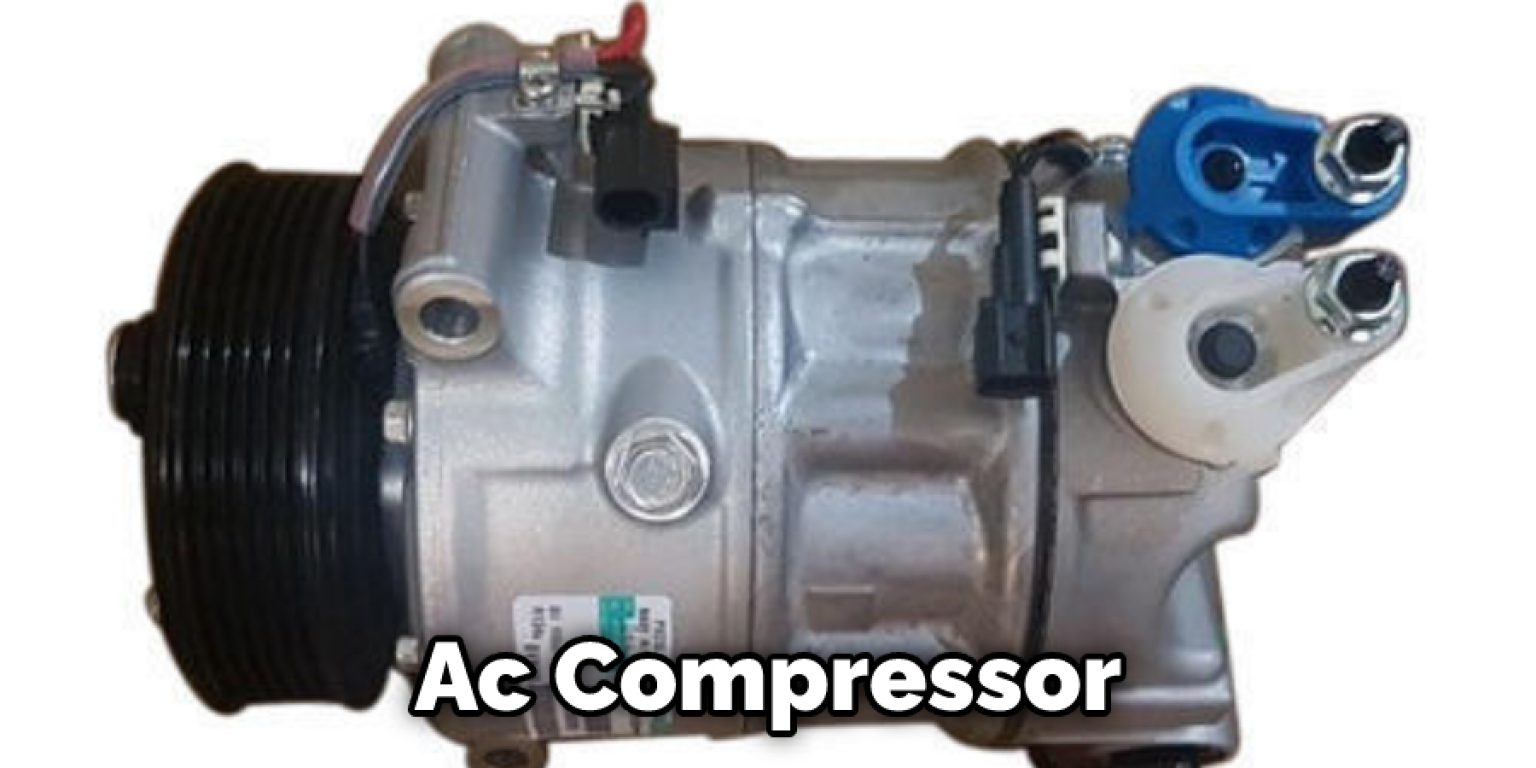How often should ac compressor cycle – Understanding how often your AC compressor cycle is crucial for maintaining optimal indoor comfort and energy efficiency. This comprehensive guide delves into the intricacies of compressor cycling, providing insights into ideal frequencies, troubleshooting issues, and its impact on indoor air quality.
Delve into the world of AC compressor cycling and discover how to keep your system running smoothly, efficiently, and effectively.
Compressor Cycling Frequency Basics: How Often Should Ac Compressor Cycle

An air conditioner (AC) compressor is the heart of the cooling system, responsible for circulating refrigerant throughout the system to absorb and release heat. The compressor’s operation involves cycling on and off, which is essential for maintaining optimal cooling and system efficiency.The cycling frequency of an AC compressor refers to how often it turns on and off during operation.
It is influenced by various factors, including ambient temperature, unit size, and system design. Generally, AC compressors cycle more frequently during periods of high cooling demand, such as on hot summer days.
Factors Influencing Cycling Frequency
- Ambient Temperature:Higher ambient temperatures increase the cooling demand, causing the compressor to cycle more frequently to meet the cooling requirements.
- Unit Size:The size of the AC unit, in terms of its cooling capacity, also affects cycling frequency. Larger units with higher cooling capacities tend to cycle less frequently than smaller units.
- System Design:The design of the AC system, including the refrigerant type, evaporator coil size, and condenser coil size, can influence the compressor’s cycling frequency.
Optimal Cycling Frequency

Excessive cycling puts stress on the compressor, leading to premature wear and reduced efficiency. Conversely, insufficient cycling can result in poor cooling performance and higher energy consumption. The ideal cycling frequency range for optimal efficiency and longevity is typically between 5 and 15 cycles per hour.
If you’re having trouble with your deep cycle battery, you might need to check the water level. Here’s how to do it. Meanwhile, if you’re looking for information on how to fail a testosterone blood test, check out this forum.
Determining the optimal cycling frequency for a specific AC system involves considering factors such as system capacity, load conditions, and ambient temperature.
Methods to Determine Optimal Cycling Frequency
* Monitor compressor run times:Record the compressor’s run times over several hours and calculate the average cycle time.
Use a cycling counter
Install a cycling counter on the compressor to directly measure the number of cycles per hour.
Analyze system performance
Observe the AC system’s cooling performance and energy consumption to determine if the cycling frequency is appropriate. If the system is cooling adequately and efficiently, the cycling frequency is likely optimal.
Troubleshooting Cycling Frequency Issues
Excessive cycling frequency can put undue stress on the AC compressor, reducing its lifespan and efficiency. To avoid these issues, it’s important to diagnose and resolve the underlying causes.
Common causes of excessive cycling include:
- Refrigerant leaks
- Dirty condenser
- Undersized AC unit
- Improper thermostat settings
To diagnose and resolve these issues, consider the following steps:
Refrigerant Leaks, How often should ac compressor cycle
Refrigerant leaks can lead to a drop in system pressure, causing the compressor to cycle more frequently to maintain cooling. Check for signs of refrigerant leaks, such as hissing sounds, oil stains around fittings, or a decrease in cooling performance.
Dirty Condenser
A dirty condenser can restrict airflow, causing the system to overheat and cycle more frequently. Clean the condenser regularly to remove dirt, debris, and vegetation that may obstruct airflow.
Undersized AC Unit
An undersized AC unit may struggle to maintain the desired temperature, leading to short cycles and reduced cooling efficiency. Consider upgrading to a unit with a higher capacity to address this issue.
Improper Thermostat Settings
Improper thermostat settings can cause the AC unit to cycle too frequently or too infrequently. Ensure the thermostat is set to an appropriate temperature and that the fan is set to “auto” mode.
By addressing these potential issues and implementing preventative measures, you can optimize the cycling frequency of your AC compressor, ensuring efficient and reliable cooling.
Energy Efficiency Considerations
The frequency of an AC compressor’s cycling directly impacts energy consumption. When the compressor cycles more frequently, it consumes more energy. This is because each time the compressor starts, it requires a surge of power to overcome the inertia of the motor and the resistance of the refrigerant in the system.
The more frequently the compressor cycles, the more often it has to overcome these obstacles, resulting in higher energy consumption.
Studies have shown that a compressor that cycles four to six times per hour is operating at an optimal frequency for energy efficiency. If the compressor cycles more or less than this range, energy consumption can increase significantly. For instance, a compressor that cycles ten times per hour can consume up to 20% more energy than one that cycles five times per hour.
Strategies to Optimize Cycling Frequency
- Proper System Sizing:Ensure that the AC system is appropriately sized for the space it is cooling. An oversized system will cycle too frequently, while an undersized system will struggle to maintain the desired temperature, leading to excessive cycling.
- Regular Maintenance:Regular maintenance, such as cleaning the coils and checking refrigerant levels, helps the AC system operate more efficiently, reducing the need for frequent cycling.
- Variable Speed Compressors:Variable speed compressors can adjust their speed to match the cooling demand, reducing the number of on/off cycles.
Impact on Indoor Air Quality
Cycling frequency significantly influences indoor air quality. Excessive cycling can lead to fluctuations in humidity levels, affecting the comfort and health of occupants.
Maintaining a deep cycle battery requires regular checks, including monitoring its water level. Refer to this guide for detailed instructions on how to check the water level and replenish it if necessary. On the other hand, if you’re seeking ways to manipulate a testosterone blood test, you may find helpful insights on this forum.
Humidity Levels
Frequent cycling can result in rapid cooling and dehumidification of indoor air. While this may provide temporary relief during hot and humid conditions, excessive dehumidification can create discomfort and respiratory issues. Low humidity levels can dry out nasal passages and skin, increasing the risk of allergies and respiratory infections.
Air Freshness
Optimal cycling frequency ensures proper air circulation and freshness. Continuous operation of the AC system allows for efficient air exchange, removing stale air and introducing fresh air from outside. However, excessive cycling can disrupt this process, leading to stagnant and stale indoor air.
Recommendations
To maintain indoor air quality while optimizing cycling frequency:
- Set the thermostat to a moderate temperature, avoiding excessive cooling.
- Use a humidistat to monitor and regulate indoor humidity levels.
- Consider using a programmable thermostat to adjust cycling frequency based on occupancy and time of day.
- Ensure proper maintenance of the AC system, including regular filter changes and coil cleaning, to enhance air circulation and prevent stale air.
Concluding Remarks

In conclusion, the frequency of your AC compressor cycle plays a vital role in the performance, longevity, and energy consumption of your cooling system. By understanding the optimal cycling range, troubleshooting potential issues, and considering its impact on indoor air quality, you can ensure your AC system operates at its peak while maintaining a comfortable and energy-efficient environment.
Question & Answer Hub
How can I determine the optimal cycling frequency for my AC system?
Consult your AC manufacturer’s specifications or consult with a qualified HVAC technician to determine the ideal cycling frequency for your specific system.
What are the signs of excessive AC compressor cycling?
Short cycling (less than 5 minutes), frequent on-and-off cycles, and unusually high energy consumption are all potential indicators of excessive cycling.
How does cycling frequency affect indoor air quality?
Excessive cycling can lead to fluctuations in humidity levels, potentially affecting air freshness and comfort. Optimizing cycling frequency helps maintain consistent humidity levels.
